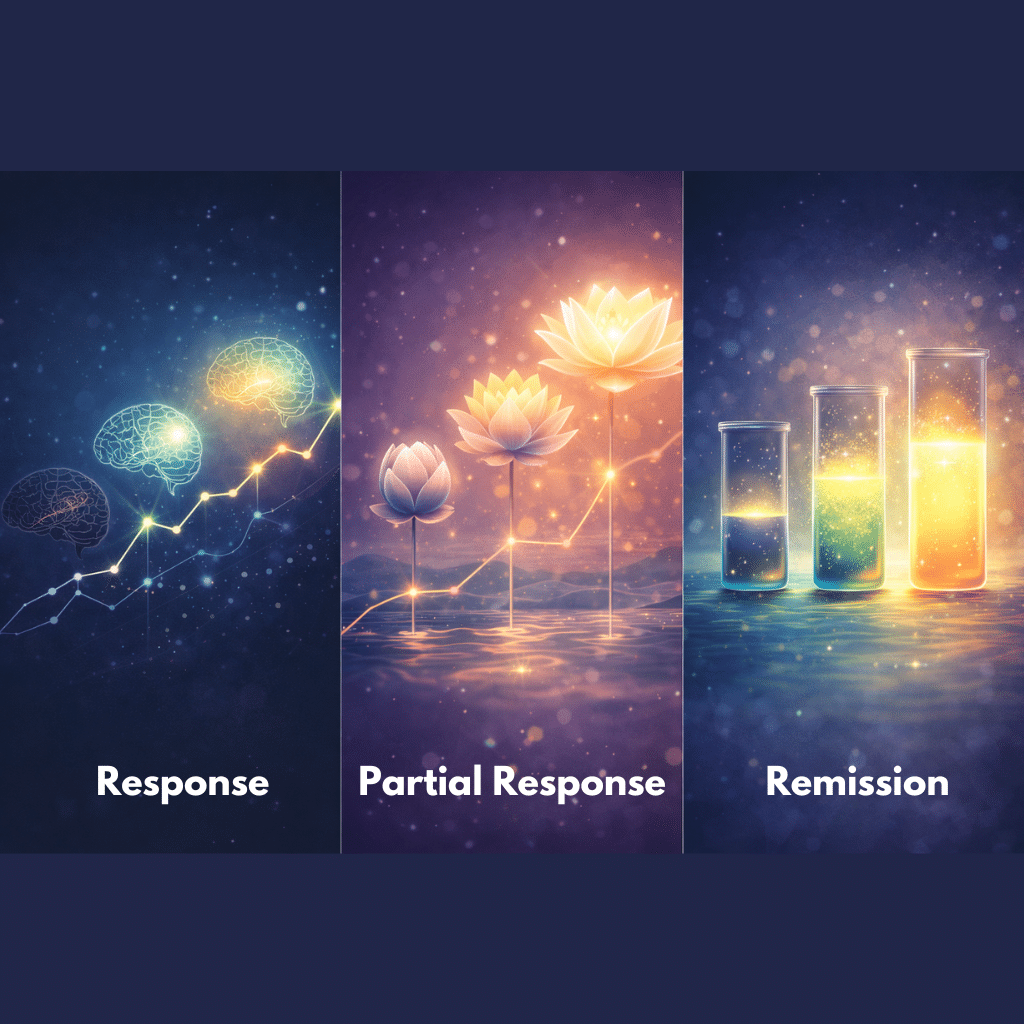Weight loss often feels like a fight you cannot win. You make the right choices. You move more, eat less, and stay disciplined. Still, your body holds on. What you are facing is not a lack of willpower but rather the complex science of appetite, hormones, and metabolism.
Hunger hormones surge when you cut calories. Your metabolism slows down to “save energy.” These changes are part of your body’s built-in survival system. Unfortunately, they can sabotage progress. If it feels like your biology is working against you, that is because sometimes it is.
Medications like Ozempic are not a replacement for effort but are seen as a support system to help your body respond differently.
Who Should Consider Ozempic?
Originally developed to help manage type 2 diabetes, Ozempic (semaglutide) has gained attention for its weight loss effects. It mimics a natural hormone called GLP-1 that helps regulate blood sugar, slows digestion, and tells the brain you are full sooner. In other words, it helps reduce cravings and calorie intake without the constant feeling of restriction.
That said, Ozempic is not for everyone. It is typically prescribed off-label for weight loss in people who meet specific criteria, such as:
- A body mass index (BMI) over 30
- A BMI over 27 with at least one weight-related condition (e.g., high cholesterol, high blood pressure, type 2 diabetes)
- Persistent challenges with appetite or weight plateaus despite lifestyle efforts
It is not appropriate for individuals with a history of certain thyroid cancers, pancreatitis, or gallbladder disease. A thorough medical evaluation is essential before starting any GLP-1 therapy.
How Ozempic Works and Why It Matters
Ozempic is not a stimulant or an appetite suppressant in the traditional sense. It is a GLP-1 receptor agonist. It slows how fast food leaves your stomach, stabilizes blood sugar after meals, and reduces appetite by signaling fullness to the brain.
This results in less snacking, smaller meals, and fewer cravings, all without the constant mental battle. Clinical trials show that people taking Ozempic may lose 5 to 15% of their body weight over time. Some lose more. The impact is not just cosmetic. For those with prediabetes or cardiovascular risk, the health benefits are significant.
Still, the results are not instant. Ozempic is a long-acting medication that takes time to build up in the body. Most people begin at a low dose and slowly increase over several weeks. Full effects often appear after 8 to 12 weeks of consistent use.
Common Expectations and What They Miss
There is a misconception that weight loss medication means you can stop trying. That belief leads to disappointment. Ozempic helps change internal cues, how full you feel, and how often you think about food, but it does not change habits on its own.
The people who see the most success with Ozempic usually make other shifts, too. They eat more nutrient-dense foods, move their bodies, and work on managing stress, sleep, and emotional eating patterns. Medications make those changes easier, but the work is still part of the equation.
You may also experience a weight plateau after several months. This is normal. Your body may adapt to the new baseline. Tweaking your routine, staying consistent, and working with your provider can help you continue moving forward.
What to Expect Physically
Ozempic affects everyone differently. Most people tolerate it well, but some experience temporary side effects, especially during dose increases. These may include:
- Nausea or upset stomach
- Diarrhea or constipation
- Bloating or gas
- Mild fatigue or dizziness
These symptoms usually fade over time as your body adjusts. Eating smaller meals, avoiding greasy foods, and staying hydrated can help minimize discomfort.
More serious side effects are rare but possible. These include pancreatitis, gallbladder issues, and a small increased risk of thyroid tumors. That is why medical oversight is critical.
What Happens After You Stop?
One of the biggest concerns people have is what happens when they stop using Ozempic. If no other changes have been made, the weight usually comes back.
That is because Ozempic helps regulate hormones related to appetite and satiety. If you stop taking it without addressing the habits and systems that support long-term health, your old hunger patterns may return quickly.
Lifestyle Support Makes the Difference
Medications like Ozempic are powerful, but they are most effective when paired with a structured support system. That means:
- Eating real, whole foods like vegetables, legumes, lean proteins, and healthy fats
- Avoiding processed snacks and refined sugars that trigger overeating
- Prioritizing regular movement, even walking makes a difference
- Addressing sleep, stress, and emotional eating through therapy or coaching
Staying consistent with regular follow-ups and lab monitoring
Why the Right Guidance Matters
There are plenty of places offering weight loss injections with minimal oversight. However, without careful evaluation, personalized dosing, and ongoing support, people are more likely to quit early, experience avoidable side effects, or fail to see meaningful results.
Starting Ozempic should never feel like a one-size-fits-all transaction. The best outcomes come from having a provider who checks in, adjusts the plan, and walks with you through the ups and downs.
A supportive environment can also help you build the emotional resilience required for real transformation. Losing weight is a physical and mental journey.
What Makes Zeam Different
At Zeam Health & Wellness, our primary care team understands your body, listens to your concerns, and respects your goals. You get medically guided treatment plans that prioritize long-term success over short-term fixes. You get nutritional coaching, lifestyle support, and accountability that matches the power of the medication.
We offer Ozempic treatment in Folsom and Roseville as part of our medical weight loss management program. We evaluate your health history, help you decide whether semaglutide or another medication is right for you, and provide ongoing monitoring every step of the way. We combine medication with meal planning, movement coaching, and emotional wellness resources because we know that real change happens when every part of you is supported.
If you are ready to stop feeling stuck and start feeling in control, reach out today. We will help you build a healthier, happier version of you and do it with guidance you can trust.




